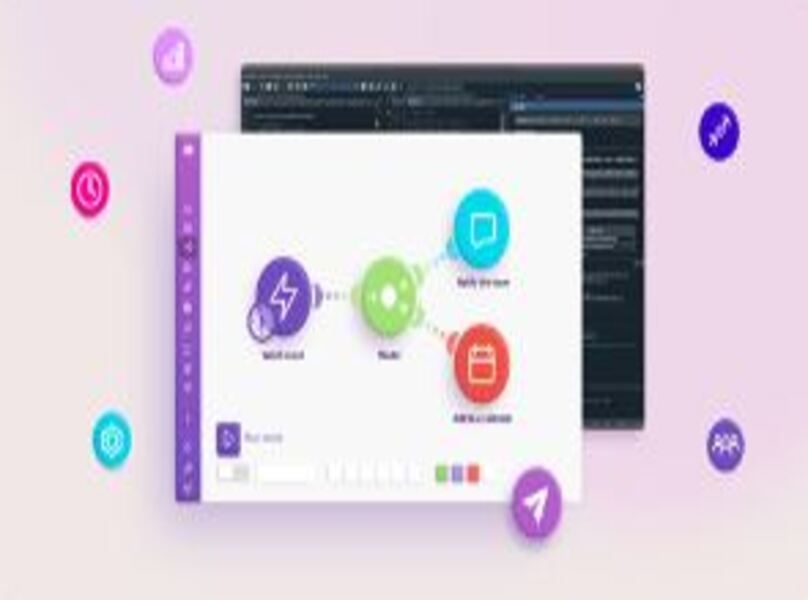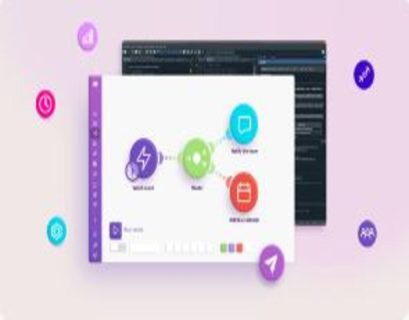Visited 6 times, 1 visit(s) today
The AI Workforce: Revolutionizing the Future of Work

The advent of artificial intelligence (AI) has ushered in a new era in various industries, fundamentally transforming the landscape of the workforce. As businesses and organizations increasingly integrate AI technologies into their operations, the concept of the AI workforce is gaining momentum. This shift not only enhances productivity and efficiency but also raises important questions about the future of employment and the skills required in the evolving job market.
Understanding the AI Workforce
The term “AI workforce” refers to the integration of AI systems and technologies alongside human workers to perform tasks, analyze data, and improve decision-making processes. Unlike traditional automation, which often replaces human labor, the AI workforce is designed to augment human capabilities. This partnership can lead to innovative solutions and streamline operations in ways previously unimaginable.
In industries such as healthcare, finance, and manufacturing, AI applications are proving to be game-changers. For instance, AI-driven diagnostic tools assist doctors in identifying diseases more accurately and swiftly, enhancing patient care. In finance, algorithms analyze vast datasets to detect fraud or predict market trends, providing valuable insights to human analysts. The manufacturing sector has also seen a significant transformation, with AI-powered robots and machines handling repetitive tasks, allowing human workers to focus on more complex, creative problem-solving roles. Read more ..
The Benefits of an AI Workforce
Increased Efficiency: AI systems can process and analyze large amounts of data far quicker than humans. This speed allows companies to make faster decisions, optimize processes, and ultimately boost productivity. For example, in logistics, AI can optimize delivery routes in real-time, saving time and reducing costs.
Enhanced Decision-Making: By providing data-driven insights, AI helps human workers make better-informed decisions. In industries like marketing, AI can analyze consumer behavior patterns, enabling companies to tailor their strategies effectively.
Cost Savings: Implementing AI can lead to significant cost reductions. While the initial investment may be high, the long-term savings from increased efficiency and reduced errors often outweigh these costs. Companies can reallocate resources to other areas, fostering innovation and growth.
Job Creation: Contrary to the fear that AI will lead to widespread job loss, the AI workforce can create new opportunities. As AI takes over mundane tasks, the demand for skilled workers in AI development, data analysis, and machine learning will rise. New roles focusing on AI oversight, ethics, and collaboration will emerge, requiring a workforce skilled in these areas.
The Challenges Ahead
While the integration of an AI workforce presents numerous benefits, it also poses significant challenges. One of the primary concerns is the potential displacement of jobs, particularly in sectors that rely heavily on repetitive tasks. As AI systems become more sophisticated, there is a genuine fear that many traditional roles may become obsolete.
To mitigate this, there is a pressing need for reskilling and upskilling initiatives. Workers must adapt to the changing landscape by acquiring new skills that complement AI technologies. Organizations, educational institutions, and governments play a crucial role in facilitating this transition. By investing in training programs and educational curricula that emphasize digital literacy and critical thinking, we can prepare the workforce for the future.
Another challenge is the ethical implications of AI deployment. As AI systems are integrated into decision-making processes, issues surrounding bias, accountability, and transparency become paramount. Ensuring that AI technologies operate fairly and ethically is vital to gaining public trust and acceptance. For more Info Click here
Preparing for the Future
To fully harness the potential of the AI workforce, companies and workers must proactively embrace change. Here are several strategies to consider:
Invest in Training: Organizations should prioritize training programs that equip employees with the skills needed to work alongside AI. This includes technical training in data analysis, programming, and AI ethics, as well as soft skills like critical thinking and creativity.
Foster a Culture of Innovation: Companies that encourage experimentation and innovation will be better positioned to leverage AI technologies. A culture that embraces change can lead to creative solutions and a more adaptable workforce.
Collaborate with Educational Institutions: Partnerships between businesses and educational institutions can ensure that curricula align with industry needs. By working together, they can create programs that prepare students for the realities of the AI workforce.
Emphasize Ethical AI Development: Organizations should prioritize the ethical implications of AI technologies. Establishing guidelines for responsible AI use can help mitigate risks and ensure that AI systems serve society positively.
Conclusion
The rise of the AI workforce represents both an opportunity and a challenge. As AI continues to evolve, so too must our approach to work. By embracing the changes brought about by AI, investing in education and training, and fostering an ethical framework for AI development, we can ensure a future where humans and AI coexist harmoniously, driving innovation and progress across all sectors. The future of work is here, and it’s time to prepare for a world where the AI workforce plays a central role.
















